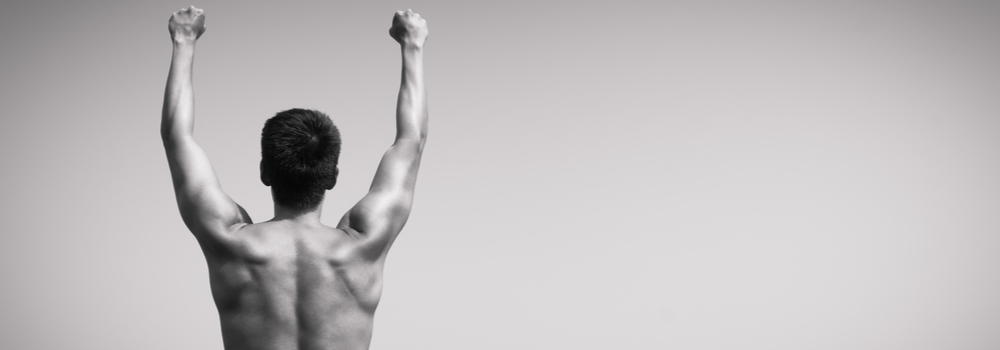In “Masculinity and Powerlessness”, Sarah Ismail writes for The Odyssey, “Men are expected by society to act a certain way, feel a certain way, and live a certain way; these expectations by society not only lead to added pressures in a male’s life, they also lead to men feeling entitled to having authority and supremacy in certain situations.” When men feel their authority is threatened, Ismail explains, “…men feel a sense of powerlessness and they often act violently in order to attempt to restore their power.”
For men entering recovery, hearing the term “powerlessness” as something to be strived for, is intimidating. Just the mere idea of having to become powerless in some way can be angering, because, as Ismail points out, powerlessness is a threat to what is perceived masculinity. Ironically, men who are coming to recovery have already rendered themselves powerless. They have become powerless over their addiction, unable to manage, control, or stop their substance abuse. It is only in a moment of penultimate powerlessness that a man finds he is empowered- empowered to not take one more drink or one more hit. He stops. He does not pick up again. The power struggle as it was, between a man and his addiction, is over. Simultaneously, he is powerless and empowered at the same time.
Without the context of addiction, powerlessness and empowerment seem to be juxtaposed rather than congruent or conjoined. The discovery that they are simultaneous is revolutionary for men, who, as Ismail illustrates, are taught practically from birth that empowerment only comes from feeling in power.
Much of those stories of male power are socially conditioned, writes Kevin Carty for The Good Men Project. “…Much of our behavior is facilitated, edited,and heavily influenced by those around us, just as we also know our own power to help create those social conditions.” Men who enter an all men’s treatment program like the one we offer at Tree House Recovery in Portland are introduced to a new kind of social structure, a brotherhood, where each man is focused on personal development. Together, men in treatment create new definitions of powerlessness, empowerment, and masculinity. “It is a fluid process of influence,” Carty describes, “where social environments are created and driven by individuals but tend to take on a life of their own when ignored.” Largely, men ignore what it truly means to be empowered because men feel a survivalistic need to pretend powerlessness does not exist for them. With a band of brothers at their side, men can find true vulnerability, admit to and embrace their powerlessness, then transcend into an empowerment like they’ve never known.
The Tree House Recovery Man is unlike any other in recovery. Built in mind and body, our programs nurture a new kind of recovery, one that is sustainable and helps men find freedom from addiction. Call us today for information on our treatment programs in Portland, Oregon: (503) 850-2474




